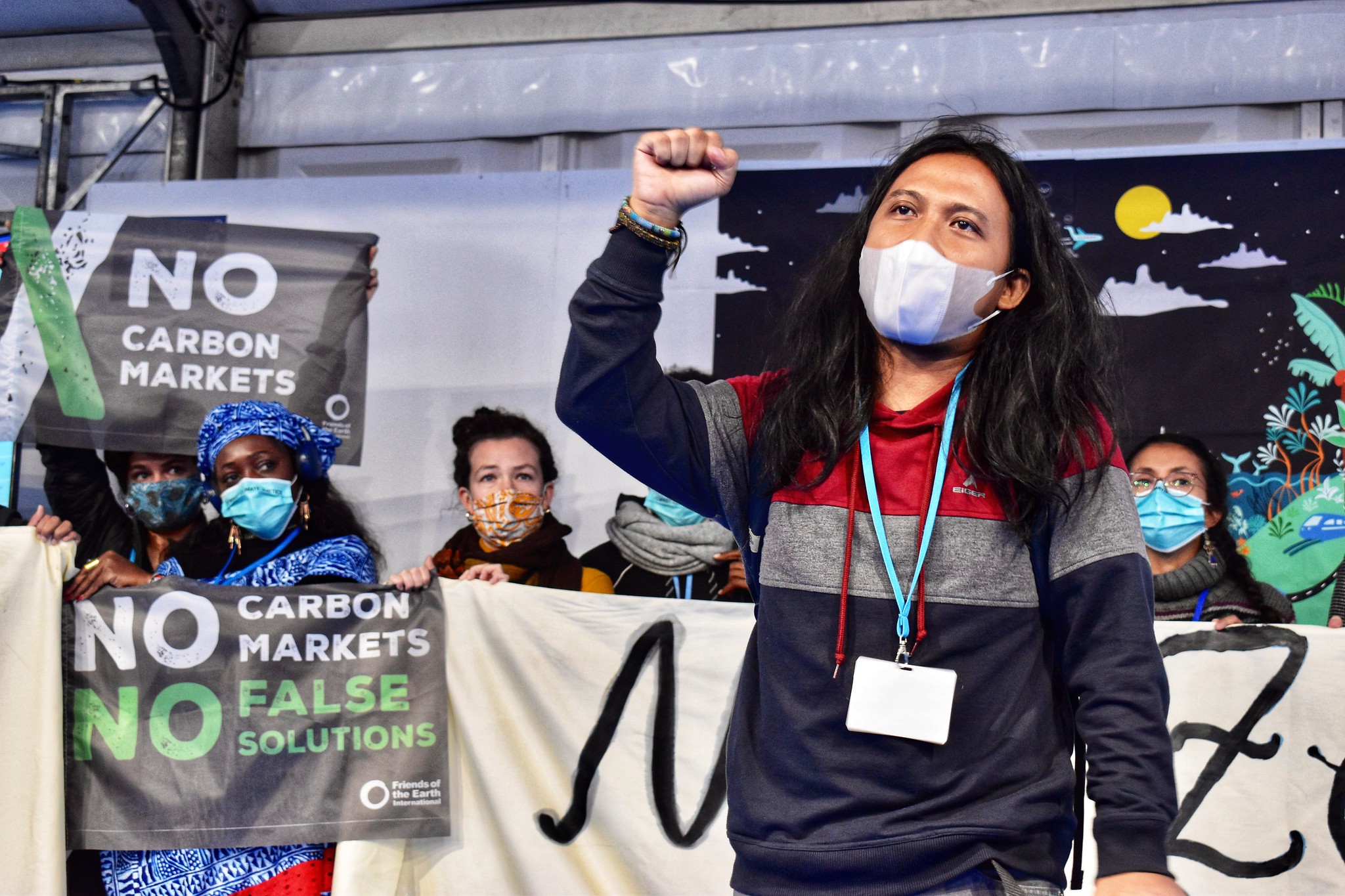
UN climate negotiations claw their way to Cancun summit
A year on from climate negotiations in Copenhagen, the UN process has clawed its way to another summit,
this time in the heat of Cancun, Mexico.
Duncan McLaren reports.
Expectations are low, as inter-sessional meetings during the year have made little progress.
The so-called ‘Copenhagen Accord’ still divides nations – not purely, although mainly – on North-South lines. Already in Cancun, proposals from the Chairs of the main working groups to table texts based on the Accord have drawn criticism from many southern nations. This is especially because the proposed texts have sidelined most of the language proposed by Bolivia following the Cochabamba People’s Summit – for example, removing any reference to a temperature stabilisation target below 2°C.
The texts also accept the bottom-up ‘pledge and review’ approach of the Accord, rather than the top-down ‘common but differentiated responsibility’ approach of the Kyoto protocol. As Tom Athanasiou of EcoEquity writes, the Protocol, “almost alone on the negotiating table, represents the obligations of the wealthy world.” Progess seems unlikely, with counter-accusations between the US and Bolivia of the other ‘holding the negotiations hostage’, or alternatively, humanity hostage.
Instead negotiators are hoping for limited progress on climate finance, forests and land-use, and on monitoring and verification. Some are already talking of the deal as ‘finance for openness’ – though this would be to imply that the rich North is consistently more transparent and open than the developing world, whereas in reality the lack of transparency over the potential finance from the North is probably several degrees worse than the lack of transparency over emissions in the South.
During the year it has become clear that the flow of climate finance from the rich world, promised in the Copenhagen Accord, will not be as great or as fast as promised, and much of what is generated will be existing money, recycled, and – worse still – dependent on carbon trading or offsetting.
Similarly, progress on REDD (Reducing Emissions from Deforestation and forest Degradation) has become linked far too closely to the idea that finance to protect forests will depend on generating credits in the carbon markets. The problem here is that this effectively means transferring ownership of forests to northern polluting companies, excluding the interests of the indigenous peoples that depend on them.
And if the rules are at all vague, there is a risk that unscrupulous governments will define old forests that are only slightly damaged as ‘degraded’ and claim credits for replacing old-growth forest with new plantations – as Indonesia was exposed to be planning just last week.
On a more positive note, in more technical matters, the summit could agree new arrangements for reporting of land-use changes which take better account of the impacts of peatland drainage or restoration. This could open up scope for a push to restore Scotland’s peatlands – with benefits for wildlife and water management as well as carbon.
Overall however, for the Friends of the Earth International team in Cancun – most of them from Latin America – this summit will be more one of fighting to prevent bad outcomes,
than of pushing for a fair and scientifically valid deal.
I’ll be doing my best to keep you in touch with their progress over the coming days.
